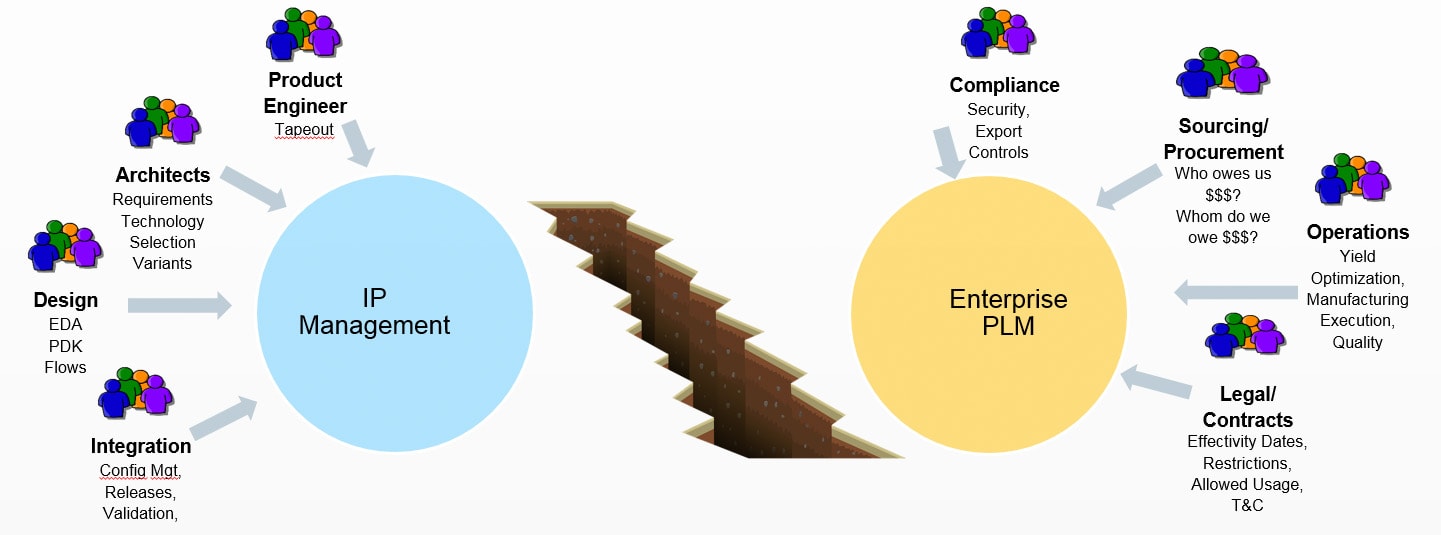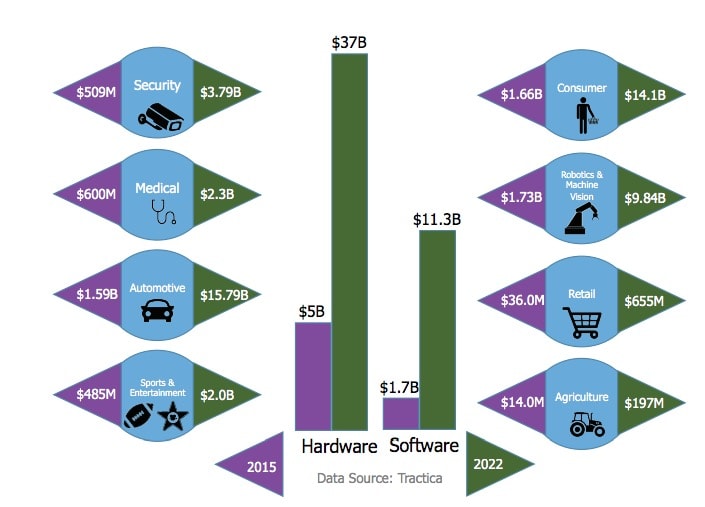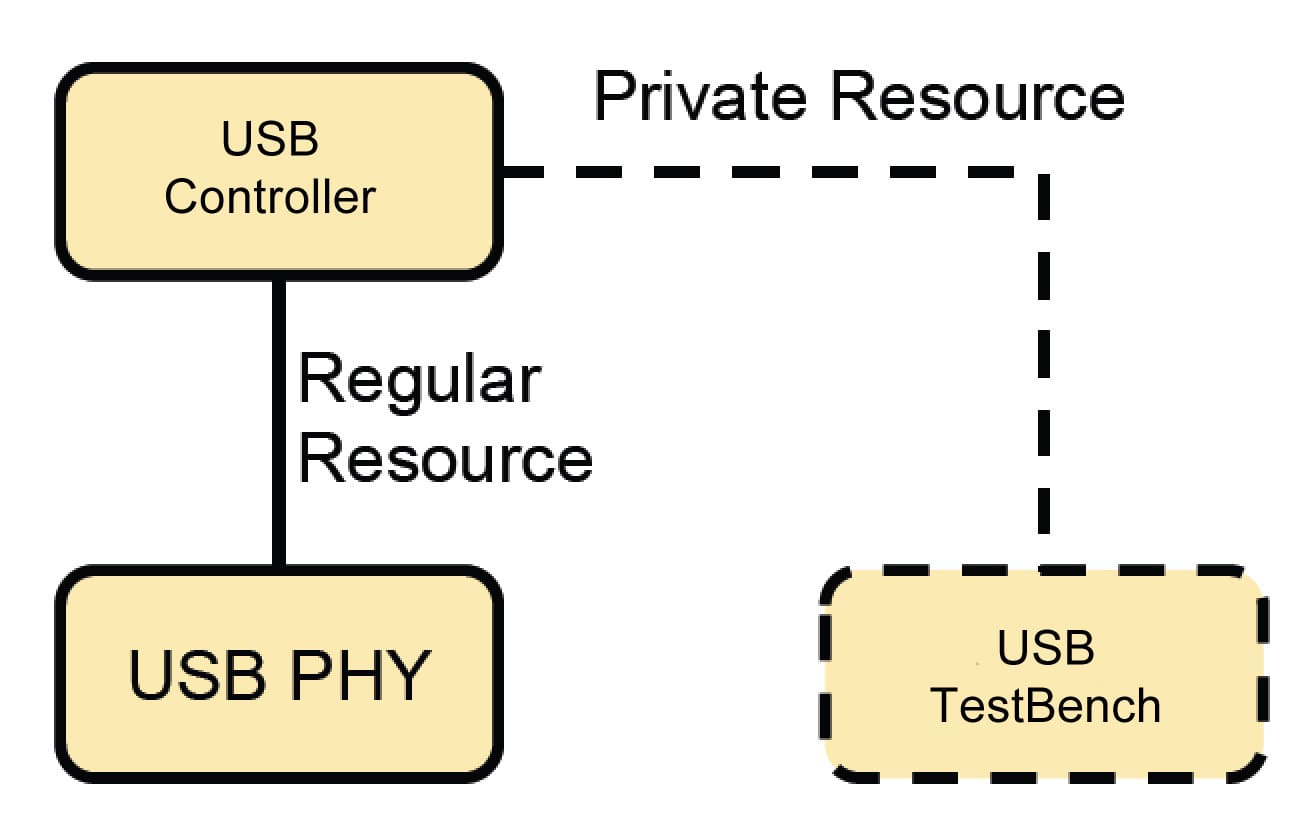No single EDA company provides all of the tools needed to define requirements, design exploration, track IP, simulate, manage and verify a complex SoC system, so it makes sense that EDA vendors and point tool companies have tools that work together to achieve all of these difficult tasks. Systems design has been around for decades… Read More
Tag: white paper
Computer Vision and High-Level Synthesis
Computer vision as a research topic has been around since the 1960’s and we are enjoying the benefits of this work in modern-day products all around us as robots with computer vision are performing an increasing number of tasks, even our farmers are using computer vision systems to become more productive:
- AgEagle® has a drone
Hierarchy Applied to Semiconductor IP Reuse
When I first started doing IC design back in 1978 we had hierarchical designs, and that was doing a relatively simple 16Kb DRAM chip with only 32,000 transistors using 6um (aka 6,000 nm) design rules. SoC designs today make massive use of hierarchy at all levels of IC design: IC Layout, transistor netlist, gate level netlist, RTL … Read More
Time is Money, Especially when Testing ICs
Semiconductor companies are looking for ways to keep their business profitable by managing expenses on both the design and test side of electronic products, which is quite the challenge as the trends show increases in test pattern count and therefore test costs. Scan compression is a well-known technique first created over 15… Read More
Dassault Systemes Hosts New Microsite Focused on IP Reuse Challenges
I recently wrote an article about networks-on-chip (NoC) and how Systems-On-Chip integrated circuits (SoCs) are becoming increasingly more complex and heterogeneous in nature. While researching for that article I came upon a new micro-site by Dassault Systemes that goes into great detail about the operational challenges… Read More
Requirements Management and IP Management Working Together
I first heard about requirements management back in 1995 while marketing a graphic HDL entry tool for an EDA vendor, and it sounded like a very useful automation approach, however our team quickly discovered that there were too many different vendors for requirements management, so there could be no simple way to integrate with… Read More
More Test Points are Better
I got really involved in testability back at CrossCheck in the 1990’s when they designed a way for Gate Arrays to have 100% observability without any Design For Test (DFT) requirements on designers. The Japanese Gate Array companies loved this approach and their customers enjoyed the highest test coverage without being… Read More
Managing Semiconductor IP
SemiWiki blogger Eric Esteve does an excellent job writing about all of the semiconductor IP available, and the popularity of IP is only growing more each year. Here’s a projection from IBS about semiconductor IP showing revenues of $4.7B by 2020:
Analyst Gary Smith divides IP into three broad categories: Functional, Foundation… Read More
A Functional Verification Framework Spanning Simulation to Emulation
Software engineers and firmware designers can find bugs, update their code and re-distribute to the users. In the consumer electronics world this means that my smart phone apps get updated, and my Android OS gets updated on a somewhat regular basis, however on the hardware side the design and verification of an SoC must be close … Read More
Simulation and Analysis of Power and Thermal Management Policies
Earlier this month I blogged about Power Management Policies for Android Devices, so this blog is part two in the series and delves into the details of using ESL-level tools for simulation and analysis. The motivation behind all of this is to optimize a power management system during the early design phase, instead of waiting until… Read More








